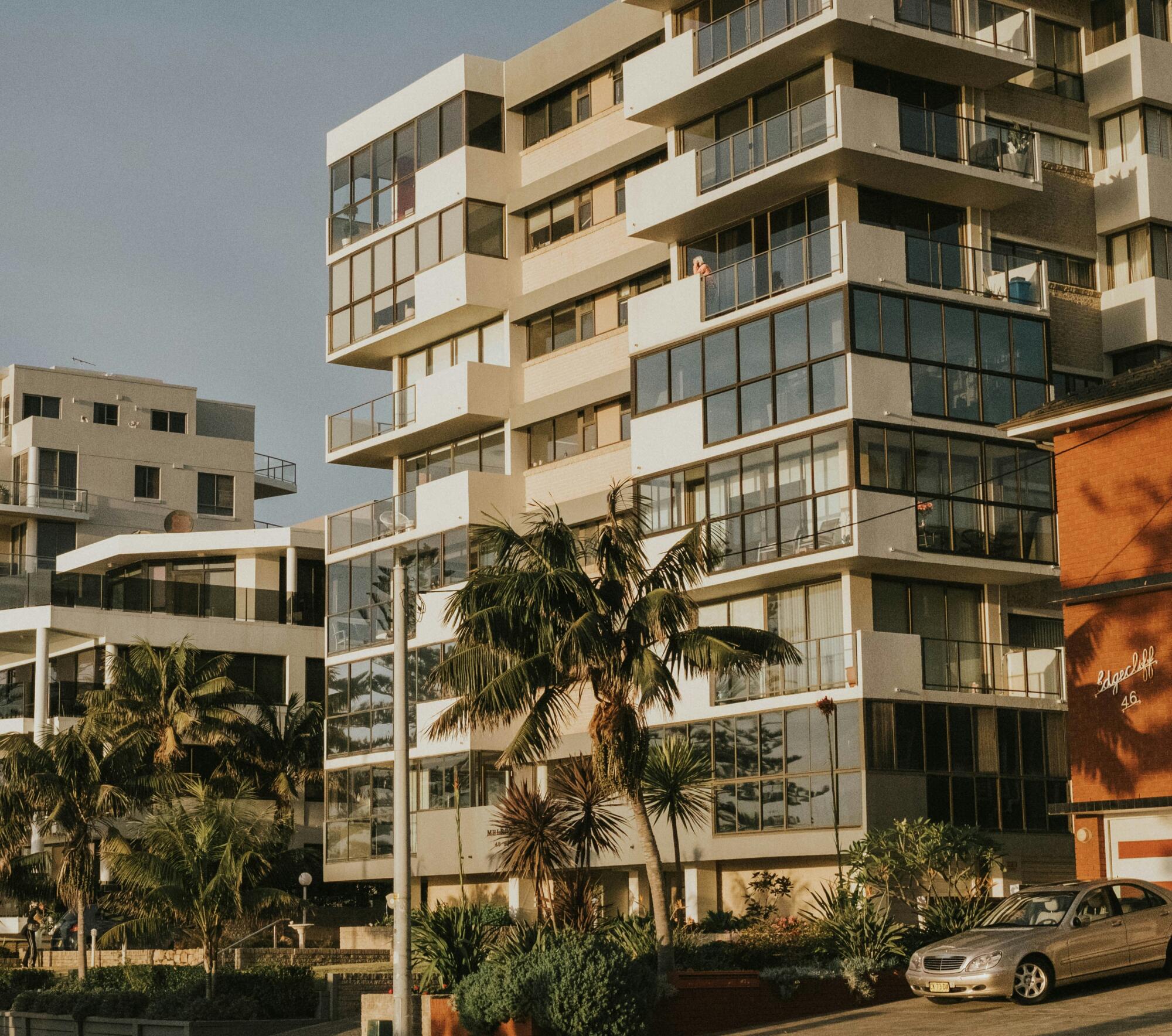Renting a property involves responsibilities and costs, especially for maintenance. Regular maintenance keeps your property in good shape and your tenants happy. It also saves money by preventing small issues from becoming big problems.
But who pays for property maintenance in Boston? This article aims to shed light on the responsibilities of landlords and tenants, so keep reading as we explore the dynamics of maintenance coordination.
Rental Property Maintenance Responsibilities
In Boston, rental property maintenance responsibilities are generally divided between landlords and tenants. The lease agreement outlines these responsibilities, but local laws also play a significant role.
Be informed about the Massachusetts State Law and the City of Boston Regulations.
Landlord Responsibilities
Landlords are usually responsible for keeping the property in a habitable condition. This includes ensuring that your property meets all the basic health and safety standards. Key maintenance responsibilities for landlords include:
- Structural and safety repairs
- Plumbing and electrical systems
- Heating and cooling systems
- Common areas
- Pest control
- Appliance maintenance and repairs
- Exterior maintenance
- Emergency repairs
Repairs caused by normal wear and tear, like replacing an old appliance or fixing a leaky faucet, are generally the landlord's responsibility. However, if the repair is needed due to tenant negligence or misuse, the tenant may be required to pay.
The landlord usually covers routine rental property maintenance costs, such as lawn care and seasonal HVAC system servicing.
Tenant Responsibilities
Tenants are typically responsible for keeping their rental units clean. They are expected to report all maintenance issues promptly. Tenant responsibilities usually include the following:
- Daily upkeep and cleaning
- Minor maintenance like changing light bulbs or unclogging drains
- Paying for repairs if the tenant, their guests, or pets caused damage
- Proper use of appliances
- Cleaning
- Trash removal
Maintenance of common areas may be shared between landlords and tenants. This will be indicated in the lease agreement and can include areas like:
- Staircases
- Hallways
- Outdoor spaces
Property Management and Maintenance Coordination
Property management companies can ease maintenance coordination between landlords and tenants. They will act as go-betweens on:
- Maintenance requests
- Maintenance staff or contractor coordination
- Property maintenance schedules
- Emergency repairs
Property management fees may cover the costs associated with maintenance coordination.
Creating a Property Maintenance Schedule
A property maintenance schedule is essential for tracking maintenance tasks. It also gives you peace of mind, as it ensures that nothing is overlooked.
During regular inspections, check, clean, or replace:
- HVAC filters
- Smoke and carbon monoxide detectors
- Gutters, roofs, and chimneys
- Plumbing
- Window and door seals
Document all maintenance work to keep track of the property's condition and any recurring issues.
Importance of Maintenance Coordination
Proper maintenance coordination ensures a safe and comfortable living environment. This is a shared effort, but landlords are generally responsible for routine maintenance and repair costs.
If you need assistance with maintenance coordination, partner with your trusted local property management company, PMI Bay State. We are proud to deliver excellent services to all our clients that will grow and protect their investments. Reach out today and put us to the test.


